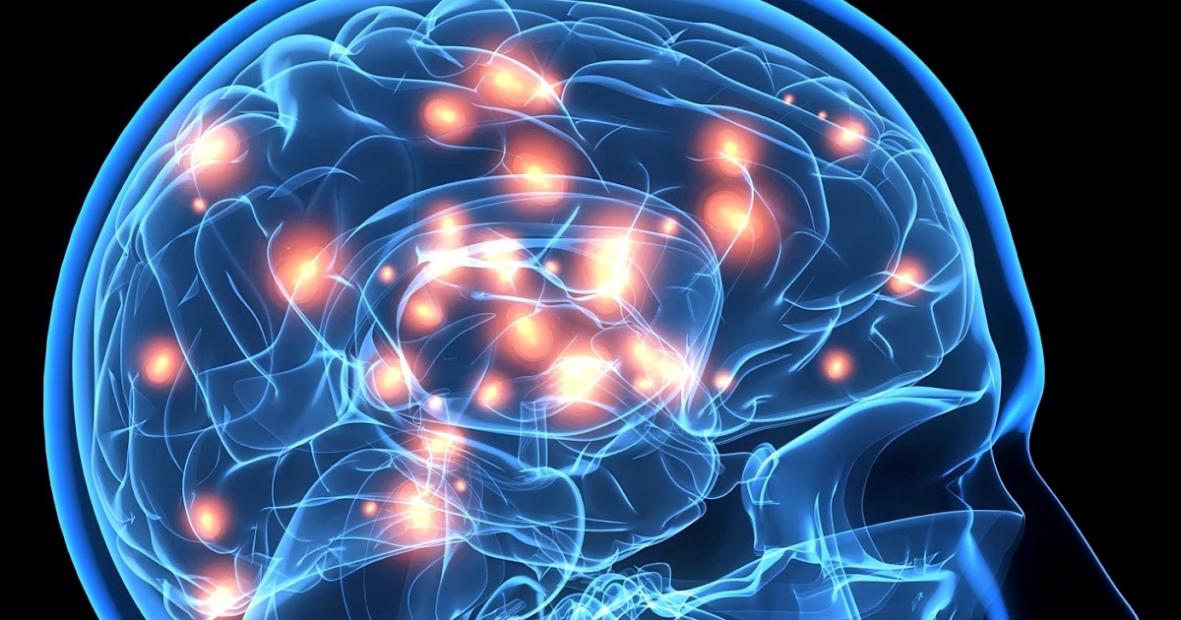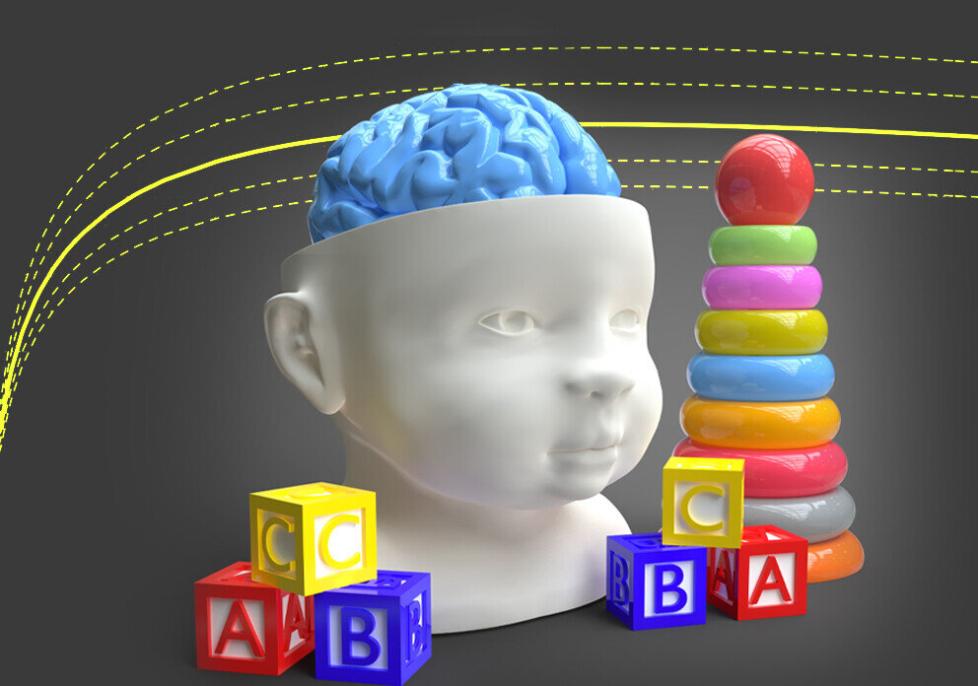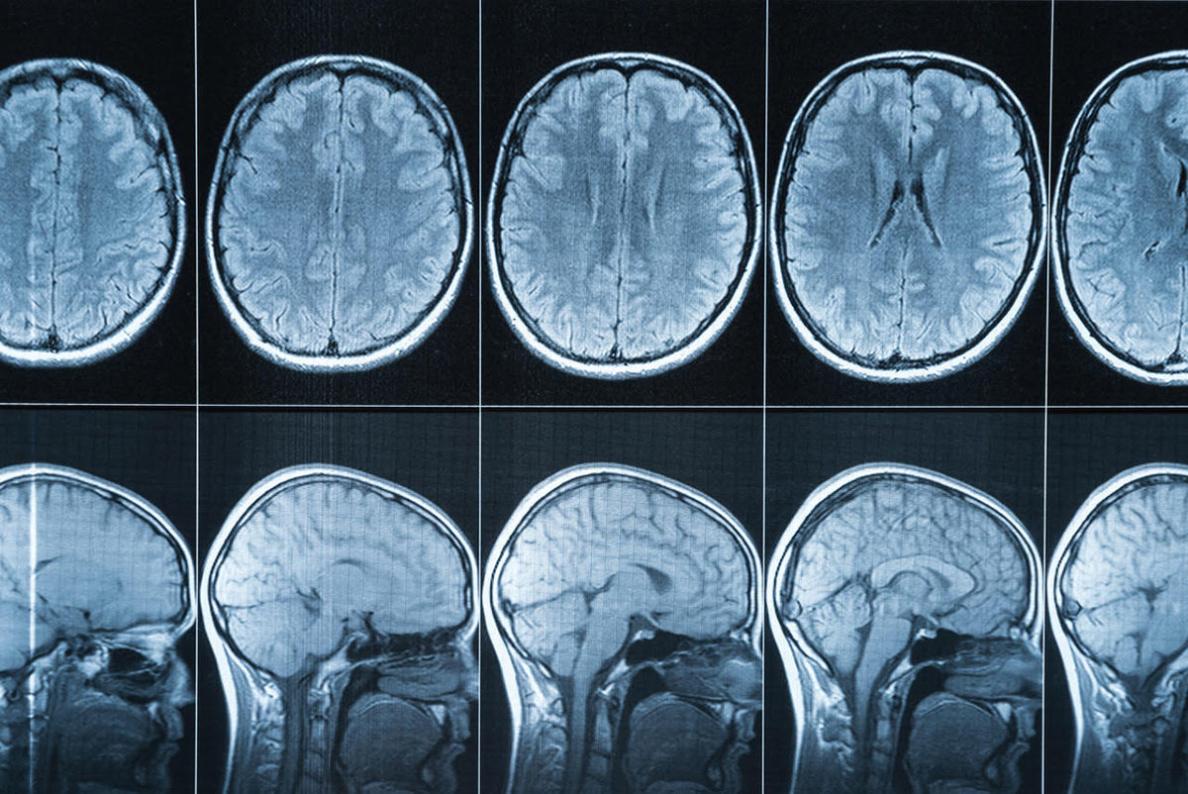What Causes Brain Disorders?
Brain disorders are a major public health concern, affecting millions of people worldwide. They can cause a wide range of symptoms, including cognitive impairment, memory loss, movement problems, and emotional disturbances. Brain disorders can be caused by a variety of factors, including genetics, environmental factors, and lifestyle choices.

Genetic Factors
Genetics play a significant role in the development of brain disorders. Some people are born with genetic mutations that increase their risk of developing a brain disorder. These mutations can be inherited from parents or they can occur spontaneously.
- Inherited Genetic Mutations: Some brain disorders, such as Huntington's disease and Fragile X syndrome, are caused by inherited genetic mutations. These mutations are passed down from parents to children.
- Spontaneous Genetic Mutations: Other brain disorders, such as autism spectrum disorder and schizophrenia, are caused by spontaneous genetic mutations that occur during development. These mutations are not inherited from parents.
- Genetic Testing: Genetic testing can be used to identify people who have genetic mutations that increase their risk of developing a brain disorder. This information can be used to help people make informed decisions about their health and reproductive choices.
Environmental Factors
Environmental factors can also play a role in the development of brain disorders. These factors include:
- Prenatal Exposure to Toxins, Infections, and Stress: Exposure to certain toxins, infections, and stress during pregnancy can increase the risk of developing a brain disorder in the child.
- Childhood Experiences: Childhood experiences, such as trauma, abuse, and neglect, can also increase the risk of developing a brain disorder.
- Exposure to Environmental Toxins: Exposure to environmental toxins, such as lead, mercury, and pesticides, can also increase the risk of developing a brain disorder.
- Lifestyle Factors: Lifestyle factors, such as diet, exercise, and sleep habits, can also influence the risk of developing a brain disorder.
Neurodevelopmental Disorders
Neurodevelopmental disorders are brain disorders that arise during development. These disorders can cause a wide range of symptoms, including intellectual disability, learning disabilities, and behavioral problems.
- Autism Spectrum Disorder (ASD): ASD is a neurodevelopmental disorder that affects social and communication skills.
- Attention Deficit Hyperactivity Disorder (ADHD): ADHD is a neurodevelopmental disorder that is characterized by inattention, hyperactivity, and impulsivity.
- Intellectual Disability: Intellectual disability is a neurodevelopmental disorder that is characterized by significant limitations in intellectual functioning.
- Cerebral Palsy: Cerebral palsy is a neurodevelopmental disorder that affects movement and coordination.
Neurodegenerative Disorders

Neurodegenerative disorders are brain disorders that involve the progressive loss of brain cells. These disorders can cause a wide range of symptoms, including cognitive impairment, memory loss, and movement problems.
- Alzheimer's Disease: Alzheimer's disease is a neurodegenerative disorder that is the most common cause of dementia.
- Parkinson's Disease: Parkinson's disease is a neurodegenerative disorder that affects movement and coordination.
- Huntington's Disease: Huntington's disease is a neurodegenerative disorder that is caused by a genetic mutation.
- Amyotrophic Lateral Sclerosis (ALS): ALS is a neurodegenerative disorder that affects motor neurons.
Psychiatric Disorders
Psychiatric disorders are brain disorders that affect mood, behavior, and cognition. These disorders can cause a wide range of symptoms, including depression, anxiety, and schizophrenia.
- Depression: Depression is a psychiatric disorder that is characterized by persistent feelings of sadness and hopelessness.
- Anxiety Disorders: Anxiety disorders are psychiatric disorders that are characterized by excessive fear and anxiety.
- Bipolar Disorder: Bipolar disorder is a psychiatric disorder that is characterized by episodes of mania and depression.
- Schizophrenia: Schizophrenia is a psychiatric disorder that is characterized by hallucinations, delusions, and disorganized speech.
Traumatic Brain Injuries (TBIs)

Traumatic brain injuries (TBIs) are brain injuries that are caused by a sudden impact to the head. TBIs can cause a wide range of symptoms, including cognitive impairment, memory loss, and personality changes.
- Accidents, Falls, and Sports Injuries: Accidents, falls, and sports injuries are common causes of TBIs.
- Violence and Abuse: Violence and abuse can also cause TBIs.
- Military Combat: Military combat is a common cause of TBIs among soldiers.
Brain disorders are a complex and challenging group of conditions. The causes of brain disorders are not fully understood, but research is ongoing to identify the factors that contribute to these disorders. This research is essential for developing effective treatments and prevention strategies for brain disorders.
YesNo

Leave a Reply